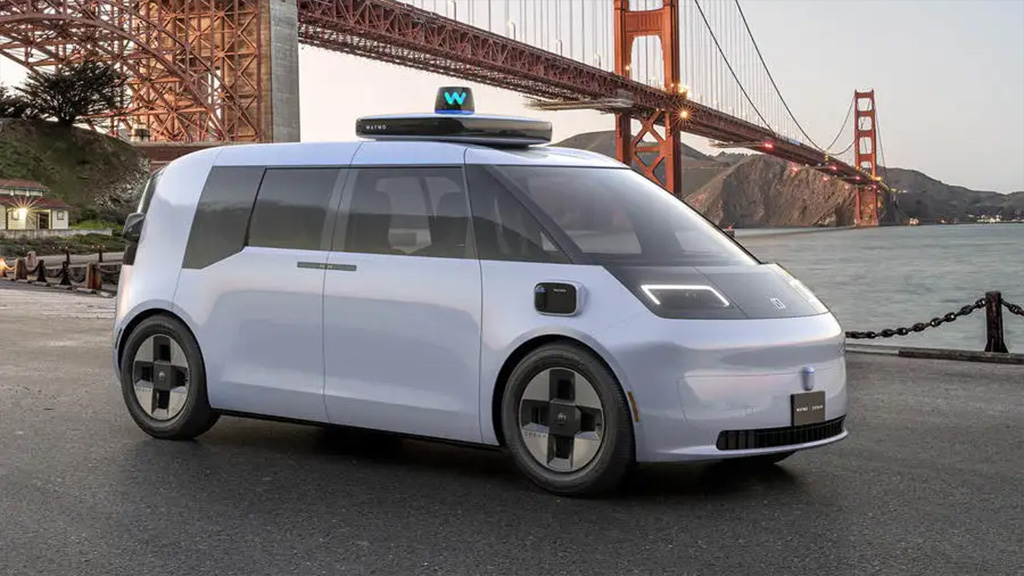In the coming weeks, the U.S. Commerce Department plans to propose a ban on the sale of autonomous and connected vehicles with Chinese software. The ban will also stop Chinese-built autonomous prototypes from testing on American roads. These measures target vehicles with Level 3 and above self-driving systems.
Car manufacturers and suppliers will need to verify that their software isn't developed by any foreign entity of concern, including China. The U.S. Commerce Department says it's worried about the national security risks linked to connected vehicle technologies.
Earlier this week, the U.S. met with major allies including Australia, Canada, the European Union, Germany, India, Japan, and South Korea. They discussed the potential security threats associated with connected vehicles.
U.S. lawmakers have raised concerns about Chinese companies collecting and handling sensitive data during autonomous vehicle testing in the U.S. In the 12 months ending November 2022, Chinese firms specializing in EVs drove more than 450,000 miles (~724,000 km) in California for testing purposes.
Specific worries include vehicles using driver monitoring systems to listen to or record conversations, and the possibility of taking complete control of a vehicle.
China opposes this potential U.S. crackdown on vehicle software. A Chinese Embassy spokesperson in Washington said:
"Only division of labor and cooperation can bring mutual benefits, and only fair competition can bring technological progress. China urges the U.S. to earnestly abide by market principles and international trade rules, and create a level playing field for companies from all countries. China will firmly defend its lawful rights and interests."
This proposed ban is part of a larger U.S. strategy to prevent a flood of Chinese-made electric vehicles in the local market.
Source: Reuters

